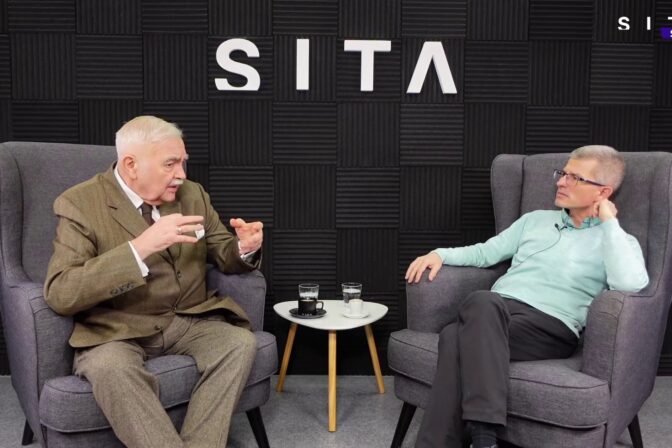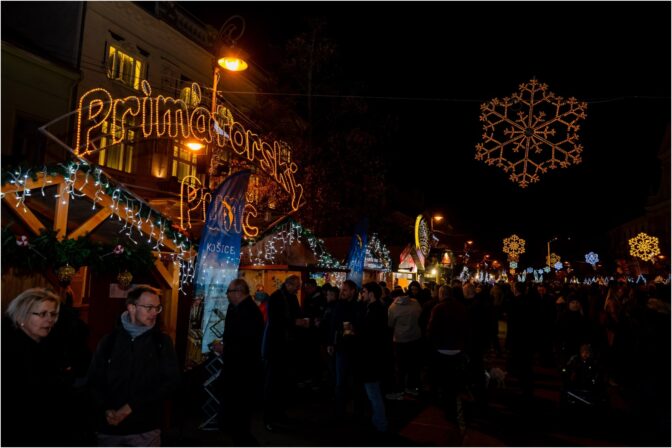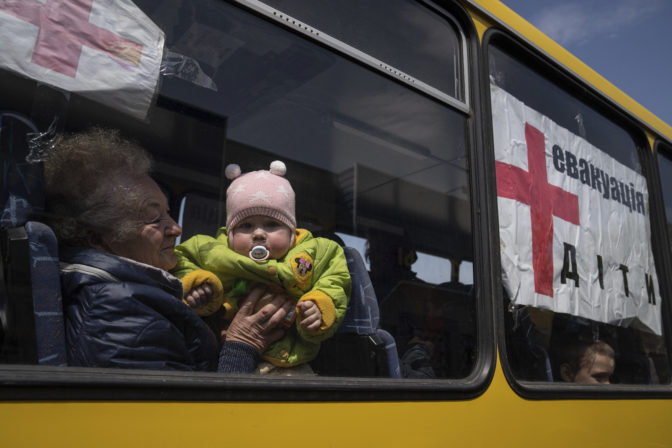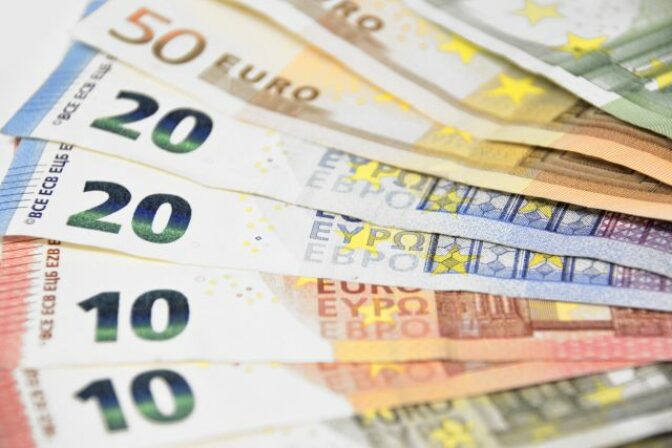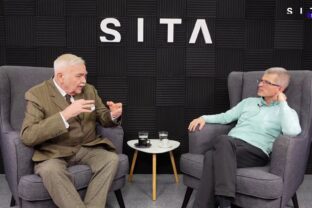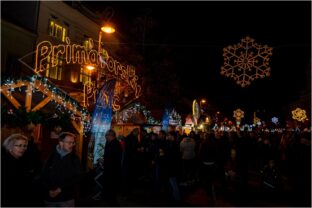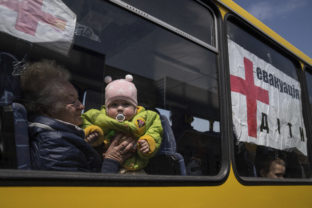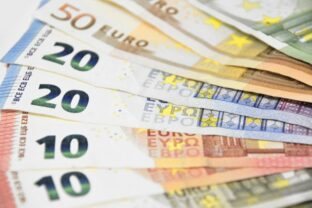BRATISLAVA, May 18, (WEBNOVINY) – The added value of the Slovak Republic is its authentic experience. The country is trustworthy and that is a value that its partners recognize, said Slovak Foreign Minister Miroslav Lajcak at Friday’s news conference on priorities of Slovakia’s foreign policy. According to the minister, the EU and NATO memberships are two pillars on which the country’s foreign policy stands. These pillars also define Slovakia’s interests and goals as well as values.
Unlike in the previous years, the Foreign Ministry will play a coordinative role in this election term. “It will become a roof over EU policies also in segments for which other departments are responsible,” said the minister, adding that our strategic goals will be oriented at fiscal and pro-growth area, development, as well as energy security. Pertaining to the EU membership, Lajcak pointed out that Slovakia is a successful member, but there is still room for improvement. “On the occasion of the tenth anniversary of our accession, we want to recapitulate how we use all tools, opportunities, whether Slovakia is an active participant of a dialogue in formation of policies and strategies,” Lajcak concluded. The minister wishes that the country used the space opened by the membership more effectively.
The second pillar is Slovakia’s NATO membership, according to the minister. He said that on Saturday, May 19, he is leaving together with President Ivan Gasparovic and Defense Minister Martin Glvac for the NATO summit in Chicago, where they will devote attention to Afghanistan, improvement of operational capabilities of the alliance’s armed forces and partnerships.
The minister went on to say that for Slovak foreign affairs, the country’s neighbors and situation in central Europe is important. He said that good neighborly policy helps stability and trust. For Slovakia, Visegrad Group countries (Hungary, Poland, the Czech Republic) are the most natural partners, with interest in a close dialogue of partners and friends. The minister also mentioned Austria, the only neighbor using the same currency as Slovakia, and Ukraine, which is the everyday reality of thousands of Slovaks. He underscored that Ukraine faces serious problems and to turn the back on it in this moment would be the worst thing. It is necessary to have an open, critical dialogue with Kiev and not to isolate it, the minister thinks.
The third important topic of the country’s foreign policy is transfer of experience, as Slovakia is an example of a successful transition, Lajcak said. “We are integrated and ready to share our experience with countries interested in it,” the minister stated.
SITA

